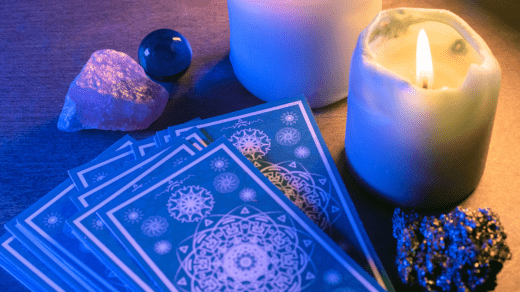
Introduction
Astrology has been a topic of fascination and debate for centuries. Some consider it a profound science that can reveal insights about human behavior and predict future events, while others dismiss it as nothing more than pseudoscience and wishful thinking. In this article, we will delve into the world of astrology yes no, exploring its origins, principles, and the ongoing discussion surrounding its validity. Join us as we embark on a journey to uncover the truth behind astrology and shed light on whether it is a myth or a legitimate science.
The Origins of Astrology
Astrology can trace its roots back to ancient civilizations, such as the Mesopotamians, Egyptians, and Greeks. These civilizations observed the celestial bodies and their movements, attributing them with divine significance. Over time, astrology evolved into a system of studying the positions and relationships of celestial objects to make predictions about human affairs and events on Earth.
Understanding Astrological Principles
At its core, astrology revolves around the belief that there is a meaningful connection between the positions of celestial bodies and the lives of individuals. Astrologers study the zodiac, a band of the sky divided into twelve equal parts, each named after a constellation. These twelve signs are associated with specific personality traits and characteristics.
The positions of planets at the time of a person’s birth are plotted on a birth chart, also known as a horoscope. This chart serves as a blueprint that astrologers use to interpret various aspects of an individual’s life, including their personality, relationships, and potential future events. The interplay between the planets, signs, and houses in the birth chart forms the basis of astrological analysis.
Debunking the Skepticism
Critics often dismiss astrology as an unscientific practice based on vague generalizations and subjective interpretations. They argue that astrology relies on broad statements that can be applicable to anyone, known as the Barnum effect. Skeptics claim that the position of celestial bodies at the time of a person’s birth has no influence on their personality or life trajectory.
While it is true that astrology has faced skepticism and criticism, it is important to recognize that many individuals find value and meaning in astrological readings. For them, astrology serves as a tool for self-reflection, personal growth, and understanding relationships. It offers a sense of guidance and provides a framework for navigating life’s challenges.
Astrology and Psychology
One fascinating aspect of astrology is its connection to psychology. Carl Jung, the renowned Swiss psychologist, explored the parallels between astrology and the human psyche. He believed that astrology could be seen as a symbolic language that taps into the collective unconscious, revealing archetypal patterns and universal themes.
Jung’s concept of synchronicity suggests that there are meaningful coincidences between events in the outer world and a person’s inner experiences. Astrology, in this context, can be seen as a tool to uncover these synchronicities and gain insights into the deeper aspects of the human psyche.
Astrology and Personal Growth
Astrology enthusiasts often turn to their birth charts for guidance and self-discovery. By understanding the strengths, weaknesses, and potential challenges indicated in their charts, individuals can make more informed decisions and navigate life’s complexities with greater clarity.
Astrology also provides a framework for understanding interpersonal relationships. Compatibility between individuals can be analyzed through the comparison of birth charts, offering insights into communication styles, emotional dynamics, and potential areas of harmony or conflict.
The Future of Astrology
In the modern world, astrology has gained widespread popularity, particularly with the advent of the internet and digital media. Online platforms offer personalized horoscopes, compatibility readings, and astrological guidance to a global audience. Social media platforms are filled with astrology-related content, fostering communities of individuals who share a common interest in this ancient practice.
As astrology continues to evolve, it faces the challenge of reconciling its ancient roots with the demands of scientific scrutiny. Some astrologers have embraced scientific methodologies and strive to conduct rigorous research to validate astrological claims. Others argue that astrology should be appreciated for its cultural and psychological significance rather than attempting to fit into conventional scientific frameworks.
Conclusion
Astrology remains a subject of intrigue and fascination, stirring both curiosity and controversy. While it may not conform to traditional scientific standards, astrology offers individuals a unique lens through which to explore their lives and relationships. Whether seen as a myth or a science, astrology has undeniably left a significant impact on human culture and continues to captivate the minds of millions around the world.